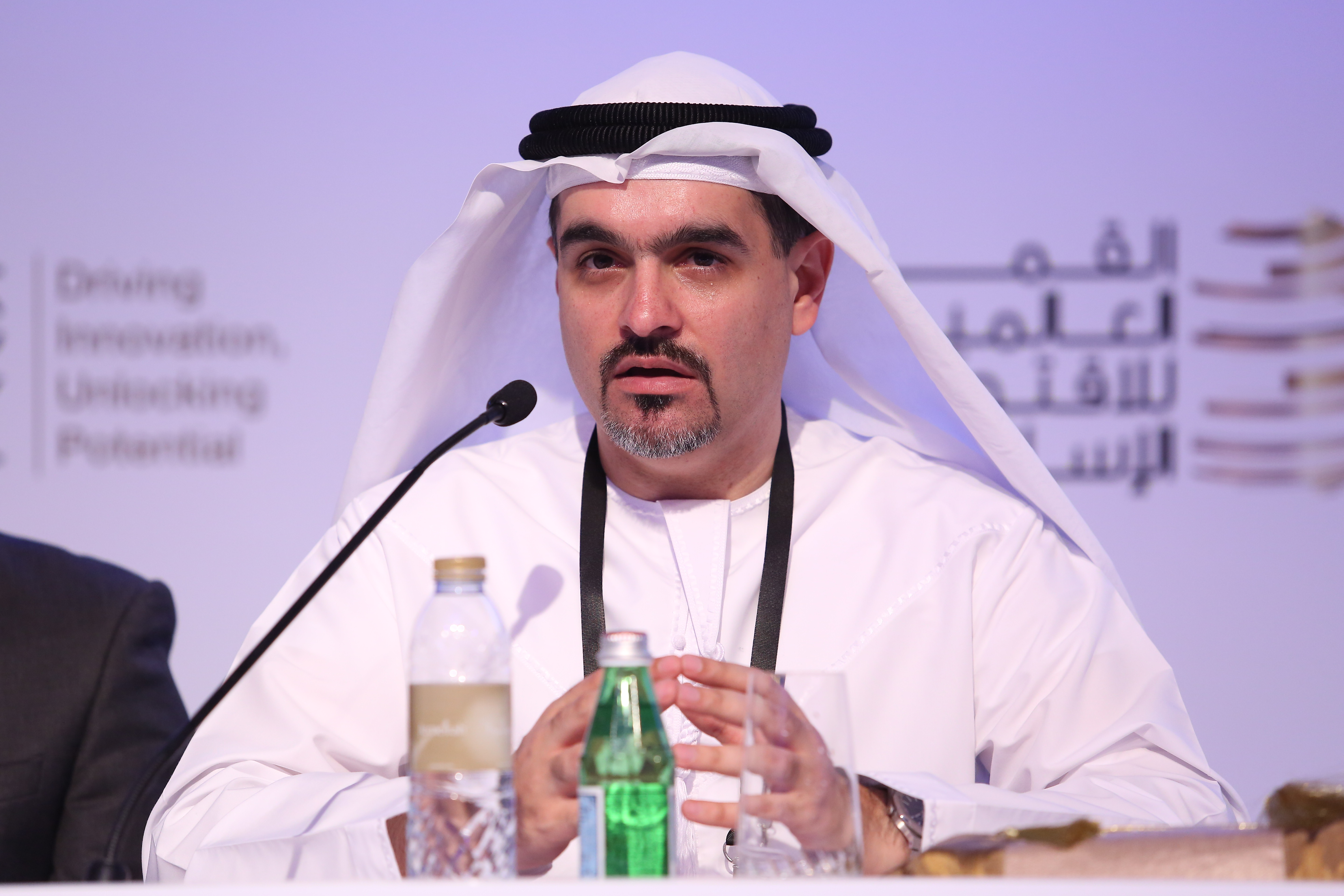Global harmonisation of halal certification standards ‘key priority’ for Dubai Islamic Economy Development Centre in 2018
Photo:Â Abdulla Al Awar, CEO, Dubai Islamic Economy Development Centre
DUBAI - The key priority for Dubai Islamic Economy Development Centre (DIEDC) this year is the global harmonisation of halal certification standards, its CEO Abdulla Al Awar told Salaam Gateway.
There is currently no single standards rulebook for halal and there are multiple halal trademarks, or logos. What this means for a business that wants to sell its products, for example, in three different countries with three different halal standards and trademarks, is that it has to go through the process of certification three times and print a different halal trademark on its products for sale in each of the three countries.
A high level of harmonisation reduces costs, including those of halal verification, and work done by individual accreditation bodies.
“Concurrence about following a unified set of standards, and wider recognition of a single halal accreditation, will ultimately boost halal trade among the participating countries,†said Al Awar.
DIEDC will work with Dubai-based International Halal Accreditation Forum (IHAF)—the independent, non-government body that it established with the Emirates Authority for Standardization and Metrology (ESMA)—to achieve its goal of harmonising halal certification standards.
IHAF’s role is not to come up with halal standards but to establish multilateral agreements between its members to recognise one another’s halal compliance so that a product that has been halal-certified by one member country will be accepted by all others. IHAF’s membership of accreditation agencies has grown from 10 founding members to 25 accreditation agencies from around 27 countries currently, since its establishment in May 2016.
IHAF and DIEDC’s goal is one halal trademark. “We aim to direct our efforts towards establishing a single halal trademark worldwide that has the potential to gain customers’ trust and confidence,†said Al Awar.
IHAF appears to be very similar to Malaysia’s International Halal Authority Board (IHAB). Last month, the Department of Islamic Development Malaysia (JAKIM), the nation’s halal certifier, told Salaam Gateway IHAB aims to bring “all certification bodies … under one platform, towards the harmonisation of halal standards.†Details about IHAB’s membership and work will be released when it is officially launched in April.
HALAL, ISLAMIC ECONOMY DATABASE
At home, DIEDC is working to determine the wider Islamic economy sector’s contribution to national GDP through a new database.
“The true value of economic contribution lies in production and manufacturing. Islamic economy sectors are pivotal to the success of the post-oil era, and to Dubai’s economic diversification drive, because they are truly productive sectors,†said Al Awar.
The details of the database will be announced at a later stage, he added.
DIEDC is also collaborating with the Emirates International Accreditation Centre (EIAC) on a halal sector data bank, and the use of radio frequency identification (RFID) for halal products is in the conceptualisation phase, said Al Awar.
|
EXPLAINER: What is the link between halal standards-setters, certifiers, and accreditation bodies? |
|
There is currently no universal halal standards (in the plural to refer to the need for different standards for foods and non-foods). For example: The UAE’s halal standards are set by Emirates Authority for Standardisation and Metrology (ESMA). ESMA approves accreditation bodies, which include the 7-member Gulf Accreditation Council (GAC) and the Emirates International Accreditation Centre (EIAC). In turn, accreditation bodies accredit halal certifiers to ensure that halal products and processes keep to ESMA’s standards. Accreditation of halal certification bodies is a formal declaration that the body is competent to certify halal products or services. The oversight of accreditation bodies goes beyond Conformity Assessment Bodies (certifiers) and can also extend to Inspection Bodies and Laboratories. Accreditation bodies should be independent and free from commercial influence. In contrast, Japan, for example, does not have national-level halal oversight and instead has several independent halal certifiers using different halal standards. To gain access to the UAE market, a company in Japan would need to be certified by a certifier that is recognised by ESMA. This means the certifier would need to work with UAE’s halal standards. |
(Reporting by Emmy Abdul Alim [email protected]; Editing by Seban Scaria)
Our Standards: The Thomson Reuters Trust Principles
© SalaamGateway.com 2018 All Rights Reserved
